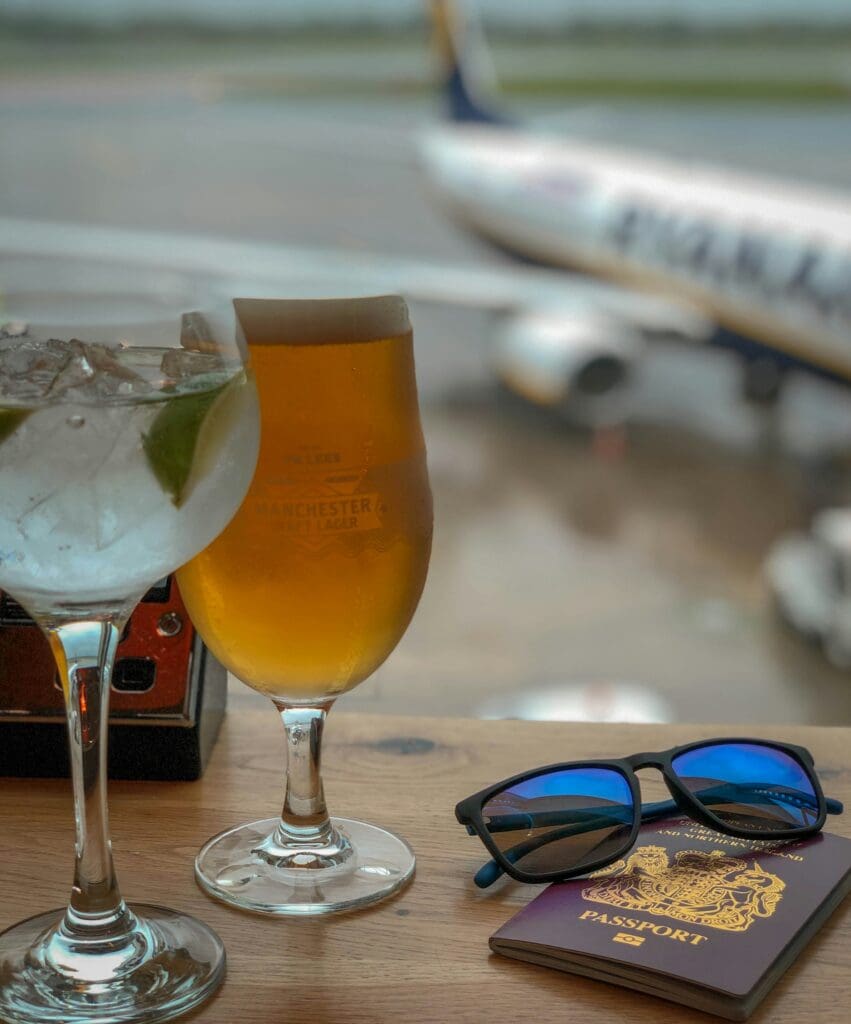Travel is not just about seeing new places; it’s a journey towards self-discovery and mental rejuvenation. The act of leaving behind the familiar and stepping into the unknown offers a therapeutic escape from the daily grind. This transformative experience can have profound effects on one’s mental health.
The Reset Button for the Mind
The monotony of daily life can lead to mental fatigue. Travel acts as a reset button, offering a break from routine. This mental ‘time-out’ allows for reflection, healing, and often, a fresh perspective on life’s challenges. Regular travel has been linked to alleviating symptoms of anxiety and depression. The change of scenery and the novelty of experiences can contribute to better mental health. Chronic stress affects memory and goal-setting abilities. Travelling provides the brain with the necessary downtime to reset, leading to improved productivity and focus upon return.

A Dose of Vitamin ‘N’ (Nature): Nature has a naturally calming effect on the mind. Whether it’s the serene beaches, majestic mountains, or tranquil forests, being in nature during travel can lower stress hormone levels, improve mood, and enhance mental clarity.
The School Of Life: Travel is the ultimate teacher. It educates through experiences, broadening one’s horizons and teaching valuable life lessons. These experiences can foster resilience, adaptability, and a deeper understanding of oneself and others. Exposure to new cultures and environments during travel can boost creativity. Engaging with different ways of life and embracing new experiences can influence one’s outlook and enhance problem-solving skills.
The Social Connection: Meeting new people and forming connections is a core aspect of traveling. These social interactions can provide a sense of belonging and community, which are essential for good mental health. Immersing oneself in a new culture can lead to a greater understanding of the world and oneself, fostering personal growth and self-awareness. It challenges preconceived notions and biases, leading to mental growth and emotional intelligence. Being in a different environment can challenge a person to adapt, which can strengthen emotional resilience and stability.

The Creative Spark: New sights, sounds, and experiences can ignite creativity. Travel can inspire new ideas, projects, and passions, contributing to a sense of purpose and fulfillment.
The Joy of Anticipation: The excitement that comes with planning a trip can be just as beneficial as the journey itself. The anticipation of adventure can uplift spirits and create a positive mindset. The planning phase itself can contribute to a more positive outlook on life.
The Physical-Mental Link: While not directly related to mental health, the physical activity often involved in travelling can also contribute to better mental well-being. Travel often involves physical activities like hiking, swimming, or exploring cities on foot. Physical exercise releases endorphins, which are natural mood lifters, thus enhancing mental well-being.

The Memory Maker : Creating memories is a fundamental part of travel. These memories serve as a reservoir of joy that can be revisited, especially during tough times, providing comfort and happiness.
The Path to Mindfulness: Travel encourages living in the moment. It’s an exercise in mindfulness, as one becomes fully engaged with the present experience, leading to a peaceful state of mind. In essence, travel offers a unique combination of relaxation, stimulation, and personal growth, all of which can contribute to improved mental health. Whether it’s a short getaway or an extended exploration of new lands, the psychological benefits of stepping out of one’s comfort zone and experiencing the world are significant. 🌍✨
Tips to help you stay mentally healthy on your journey:
- Be Patient: Travel involves the unexpected. Take things one step at a time and be patient with yourself and the process. This may reduce stress and anxiety.
- Embrace New Experiences: Allow yourself to be open to the new cultures and environments you encounter. This broadens your perspective and improves your mental health.
- Prioritize Self-Care: Ensure you get enough sleep, eat healthily, and stay hydrated. Your mental and physical health are inextricably linked, especially when you move about a lot.
- Identify Triggers: Understand what causes your travel anxiety. Is it the jet lag, the change of scenery, or something else? Understanding this can improve your anxiety management.
- Research and Prepare: Familiarize yourself with your destination before you arrive. Planning and preparing for your trip can make you feel less fearful and makes you feel more in control.
- Focus on the Positives: Travel can be challenging, but try to focus on the positive aspects and the growth that comes with it. This mindset can help improve overall travel experiences. More tips can be found here.




